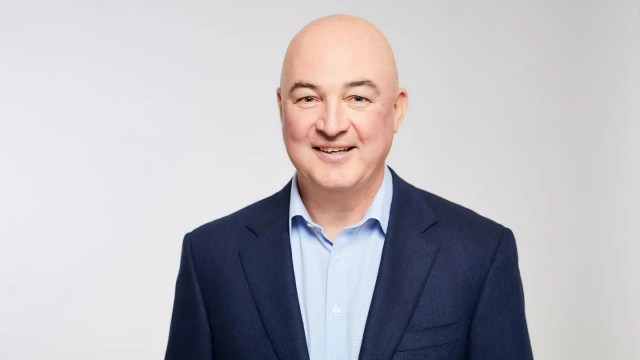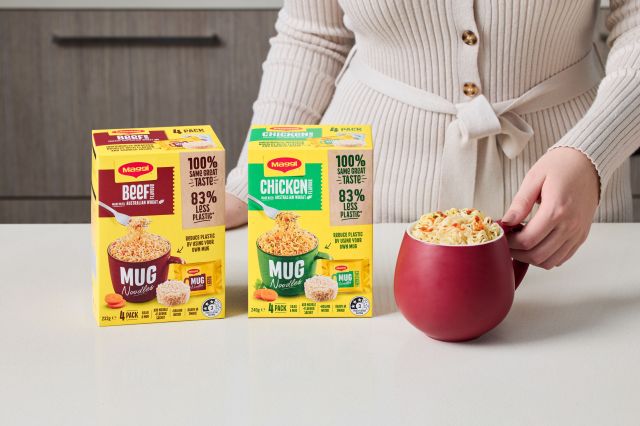
Above: Pablo Costa, the global head of packaging, Unilever
Unilever has recently announced an evolved sustainability agenda updating its plastic-use goals.
Plastic is a versatile, lightweight, durable, and waterproof packaging material. Yet, a significant amount of plastic packaging is mismanaged, ending up in the environment.
Unilever has acknowledged its role in this problem and commits to being part of the solution.
Plastic has been identified as one of the four sustainability priorities in Unilever’s Growth Action Plan, which focuses on doing fewer things, better, and with greater impact.
Unilever has reduced virgin plastic use by 18% since 2019 and has been recognised by the Ellen MacArthur Foundation (EMF) for significant progress.
Innovations such as laundry sheets and capsules in cardboard boxes have reduced or eliminated plastic. Unilever has also trialled over 50 reusable and refillable packaging models globally and redesigned packaging to be lighter, thereby reducing both plastic use and transport emissions.
Recycled plastic now constitutes 22% of Unilever’s global plastic packaging portfolio, moving towards the 25% goal by 2025. The company has increased the number of post-consumer resin (PCR) suppliers from two in 2016 to over 60 today. Many leading brands like Hellmann’s, Dove, and Sunlight use 100% PCR in their bottles where feasible.
Unilever has led industry collaborations through long-term partnerships. In 2017, it became the first major FMCG to commit to the Global Commitment by EMF and the United Nations Environment Programme, aiming to make all plastic packaging reusable, recyclable, or compostable. Today, 500 signatories represent 20% of all plastic packaging produced globally.
Through the Consumer Goods Forum’s Plastic Waste Coalition of Action, Unilever helped implement the Golden Design Rules for optimal plastic packaging design, production, and recycling. Currently, 72% of Unilever’s plastic packaging portfolio is technically recyclable. Initiatives include recyclable toothpaste tubes for Signal and Mentadent and trigger sprays for Cif, Domestos, and Lifebuoy.
Despite progress, Unilever acknowledges falling short on some ambitious goals. Initial targets, based on the best available information, aimed to halve virgin plastic use, a challenge complicated by factors like underdeveloped new technologies and the pandemic. The actual recyclability rate (53%) lags behind the technical recyclability rate (72%), highlighting the need for better recycling infrastructure.
Unilever is revising its approach with more focus, urgency, and systemic advocacy. The updated goals prioritise reducing virgin plastic use and developing alternatives for hard-to-recycle flexible plastic packaging materials.
Pablo Costa, the global head of packaging explains how these revised goals aim to have a greater impact.
“Unilever aims to reduce virgin plastic use by 30% by 2026 and 40% by 2028. Focus areas include increasing recycled plastic use, lightening packaging, and scaling alternative formats and materials. The goal is to ensure 100% of plastic packaging is reusable, recyclable, or compostable by 2030 for rigid plastics and 2035 for flexibles. For rigid plastics, which form 70% of the portfolio by weight, the focus will be on non-recyclable components like caps and pumps. For flexibles, new technologies are being developed to reduce use and find alternative materials,” says Costa.
“Unilever’s goals also include using 25% recycled plastic in packaging by 2025 and collecting and processing more plastic packaging than it sells by 2025.”


